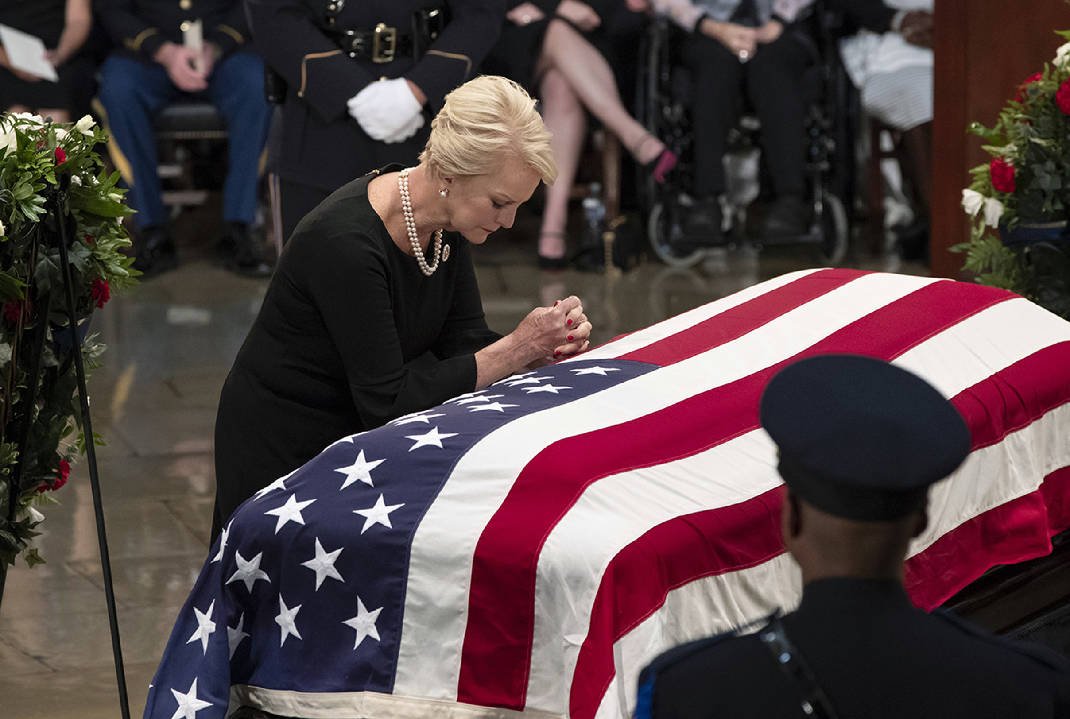Buechner: A Good Steward of Pain
“I am sure there are one hundred and six ways we have of coping with pain. Another way is to be a good steward of it.”—Frederick Buechner in A Crazy Holy Grace (Zondervan, 2017).
Two book clubs I participated in read A Crazy Holy Grace, a recent collection of Frederick Buechner’s essays about pain and memory. In one story from a previous book, The Eyes of the Heart, Buechner writes about a unique series of rooms in his home that constitute his sacred space. He describes his writing space, the library—the largest room, with ceiling-high shelves of books, including the Uncle Wiggly Series, his first editions, and sermons of John Donne. Also, in the room are unique objects meaningful to him: framed autographs of heroes such as Queen Elizabeth I and inscribed portraits of heroes such as Mark Twain and Anthony Trollope.
In his imagination, Buechner then invites people from his past into what he calls his Magic Kingdom. Next, he carries on a loving and humorous conversation with his ninety-four-year-old grandmother, Naya, whom he dearly loves. As he tells it, she describes their relationship as “a marriage made in heaven. I loved to talk, and you loved to listen.”
Finally, Buechner asks her about death. Naya describes it as “stepping off a streetcar before it has come to a stop.”
Buechner has written extensively about his mother, who deals with her pain by burying it or forgetting about it, his father, who deadens his pain with alcohol, and finally, a tragic suicide when Buechner is ten years old. Buechner seems to have worked through difficulties in those relationships by writing about them. However, he still cannot invite his parents into his sacred space because of fears they may be too much or too little.
Buechner models two approaches for us: letting God guide us to heal through our past pain. First, we can return in our imagination to a sacred space to be with those with whom we feel safe, and let them guide us through our pain. Second, when we are uncomfortable dialoguing directly with those we have difficulty with, we can dialogue with them on paper. His experience is that God works to heal us through both methods.
This has been my experience as well. So, now I pass Buechner’s knowledge on to each of you and pay
it forward.
Joanna. https://www.joannaseibert.com/



